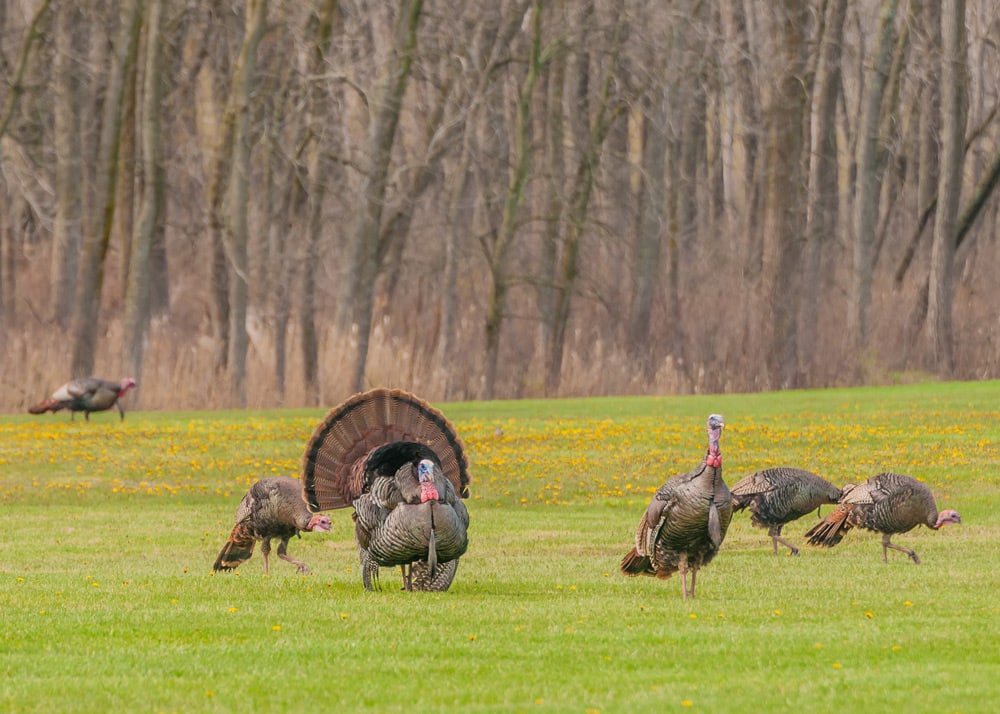
Top Turkey Hunting Tips for Beginners
Are you new to turkey hunting? Check out these top tips to help you have a successful hunt.
Selecting the Right Gear
When it comes to turkey hunting, selecting the right gear is crucial for your success. Start with a reliable shotgun that is specifically designed for turkey hunting. Look for one with a shorter barrel length and a tight choke to ensure accuracy and maximum impact. Additionally, invest in a camouflage outfit that matches the surrounding environment. Blend in with your surroundings to avoid spooking the turkeys.
Another important gear to consider is a turkey vest. A turkey vest not only provides convenient storage for your calls, shells, and other accessories, but it also serves as a comfortable seat during long hours of waiting. Don’t forget to bring a comfortable and sturdy pair of boots to navigate through various terrains.
Understanding Turkey Behavior
To become a successful turkey hunter, it’s essential to understand the behavior of these elusive birds. Turkeys have keen eyesight and excellent hearing, making them wary and easily spooked. They are most active during the early morning and late afternoon, so plan your hunts accordingly.
Learn how to identify turkey signs such as scratch marks, droppings, and feathers. These signs can indicate the presence of turkeys in the area. Additionally, familiarize yourself with different turkey vocalizations and their meanings. This knowledge will help you locate and communicate with turkeys more effectively.
Mastering Calling Techniques
Calling is a crucial aspect of turkey hunting. To attract turkeys, you need to master different calling techniques. Start with basic calls like the yelp, cluck, and purr. Practice these calls using a variety of calls such as box calls, slate calls, or diaphragm calls to find the one that suits you best.
Remember to be patient and realistic with your calling. Don’t overcall, as this can make turkeys suspicious. Use calls sparingly and mimic the natural cadence and rhythm of turkey sounds. Practice different tones and volumes to create a realistic and convincing turkey call.
Choosing the Right Hunting Spot
Selecting the right hunting spot can greatly increase your chances of success. Look for areas with high turkey populations and good habitat. Turkeys prefer open fields, wood edges, and areas with a mix of hardwoods and pines.
Consider scouting the area before your hunt to locate roosting sites, feeding areas, and travel routes. Pay attention to the terrain and natural features that can provide cover and concealment. Setting up near water sources or natural obstacles can also attract turkeys and provide favorable hunting opportunities.
Practicing Patience and Persistence
Turkey hunting requires patience and persistence. It’s not uncommon to spend hours waiting for the perfect opportunity. Stay focused and alert, as turkeys can suddenly appear or disappear without warning.
Be prepared to sit still for long periods and avoid unnecessary movements that can alert turkeys. Use blinds or natural cover to conceal yourself and break up your outline. Remember that turkey hunting is a game of patience, and the more time you spend in the field, the higher your chances of success.






